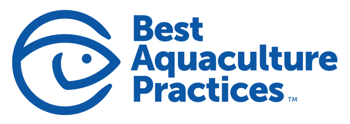
Results from GSA's second consumer campaign
GSA conducted its second consumer-facing campaign in October 2023 to coincide with U.S. National Seafood Month. The objective was to continue to increase brand awareness for the Best Aquaculture Practices (BAP) certification program and drive sales of seafood products from BAP-certified producers.
Ten retail and food service partners signed on to participate, including Giant Eagle, Lidl, Wakefern and WinCo Foods. Campaign tactics included a social media campaign, targeted influencer engagement, promotion of new recipes, and national and regional consumer media outreach. Public relations efforts resulted in a reach of more than 2 billion during the promotional period, with top stories including a TV broadcast segment with dietitian Mia Syn, and articles in HuffPost, The Daily Meal, and Tasting Table, among others.
1.8M
reach on social media
720K
post engagements
1.3M
impressions of influencer posts
2B+
reach of media mentions

.png?width=1920&height=1080&name=GSA%20advances%20responsible%20seafood%20practices%20worldwide%20through%20education%2c%20advocacy%20and%20demonstration.%20(1).png)
















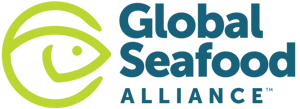











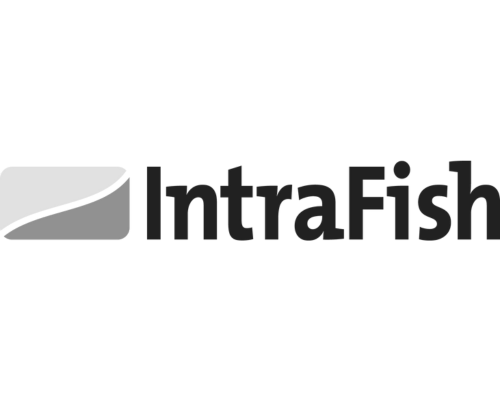

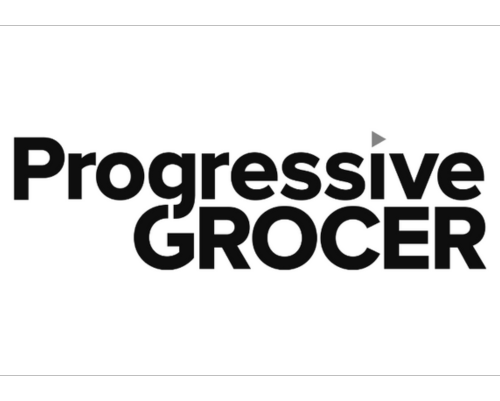




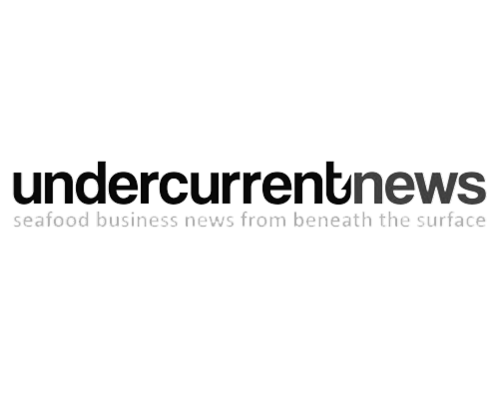


.png?width=250&height=53&name=Aquademia_Full2023%20(1).png)

.png?width=2000&height=2000&name=aquademia%20(2).png)



.png)
